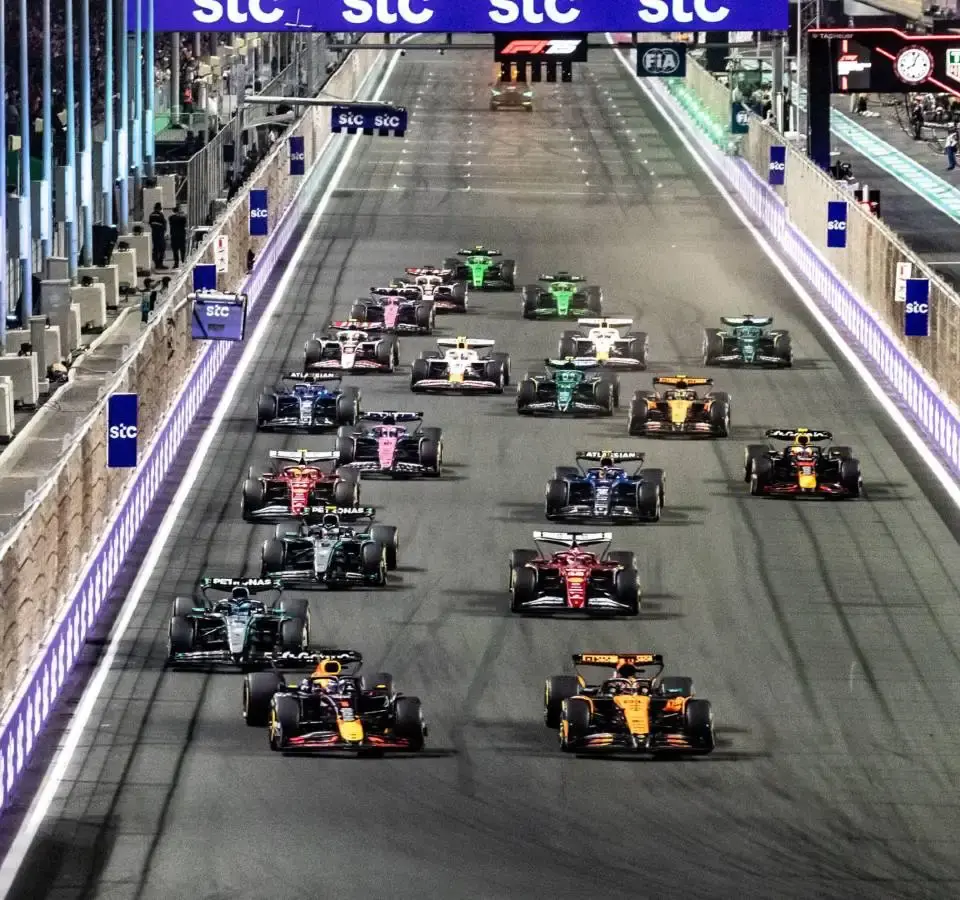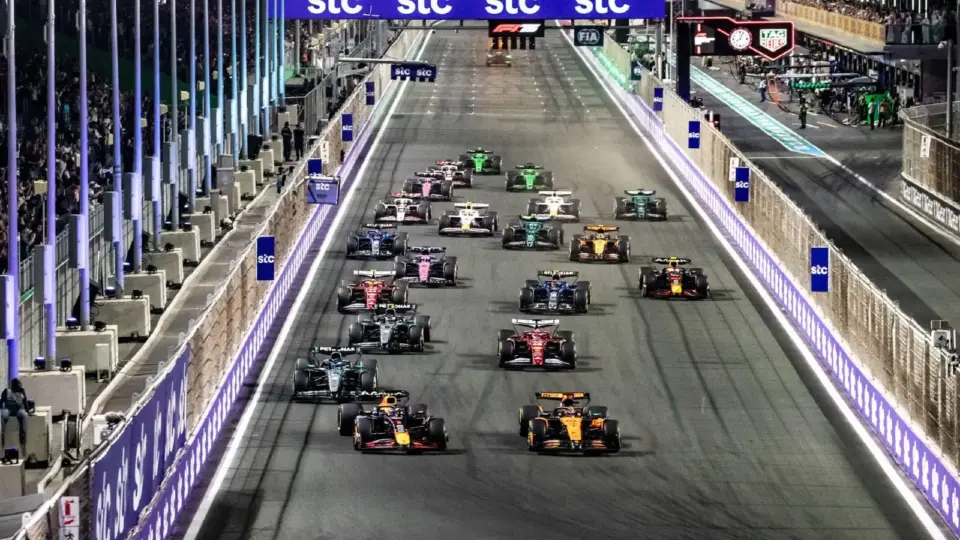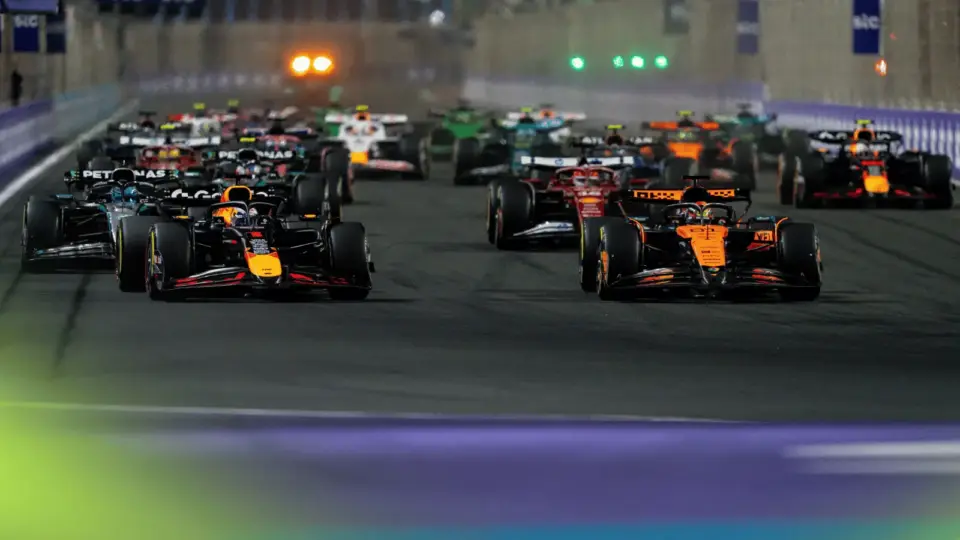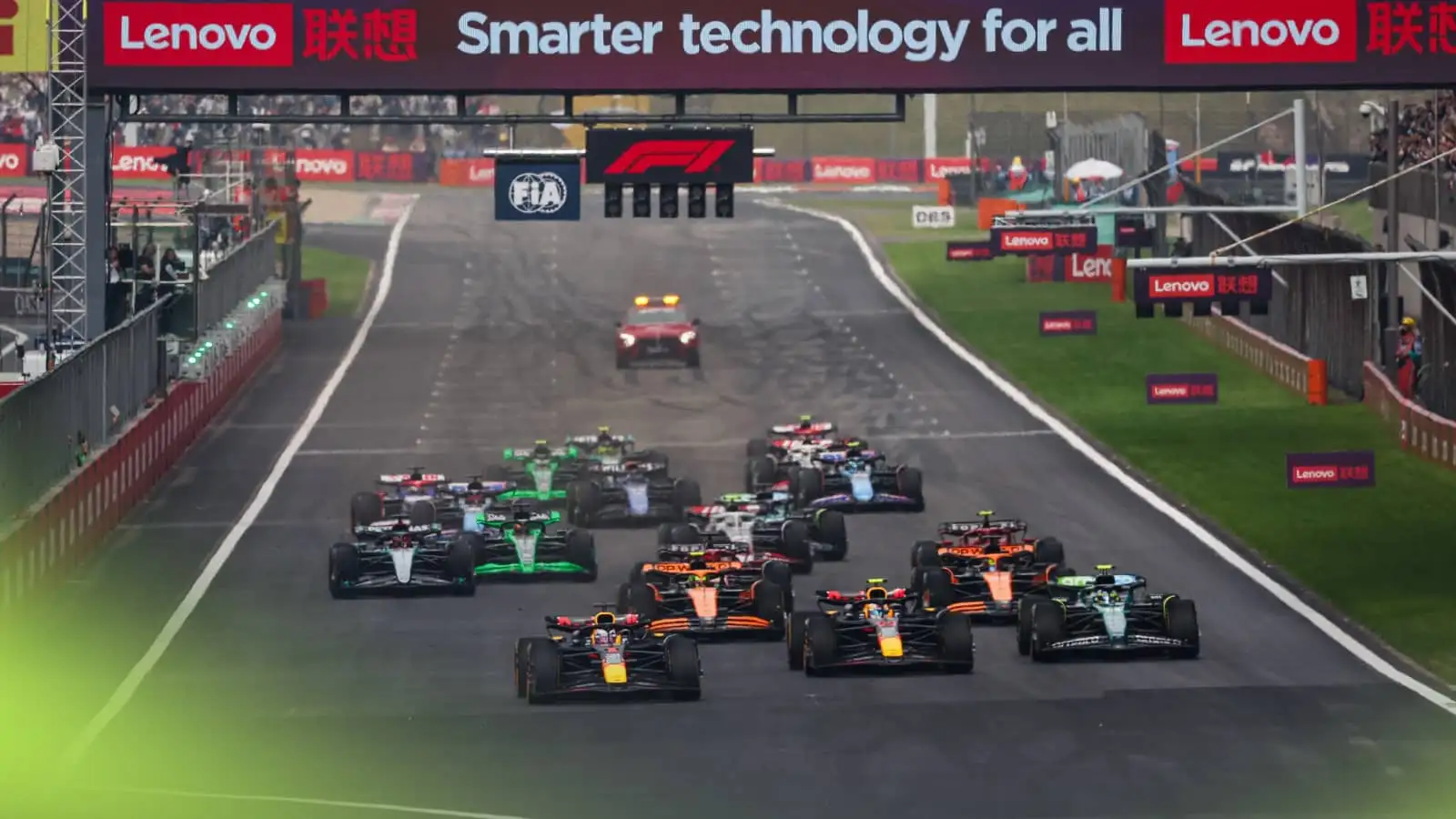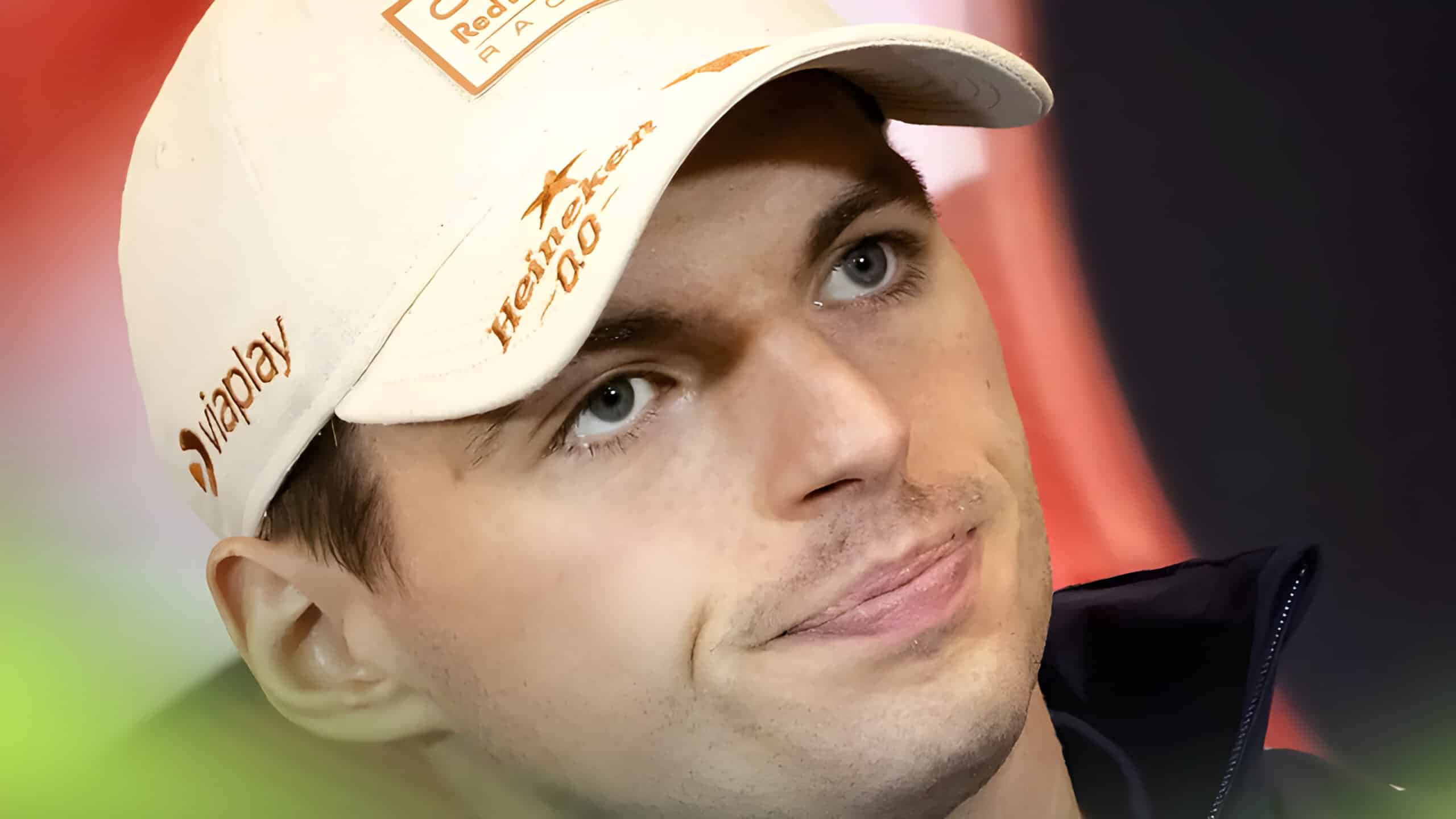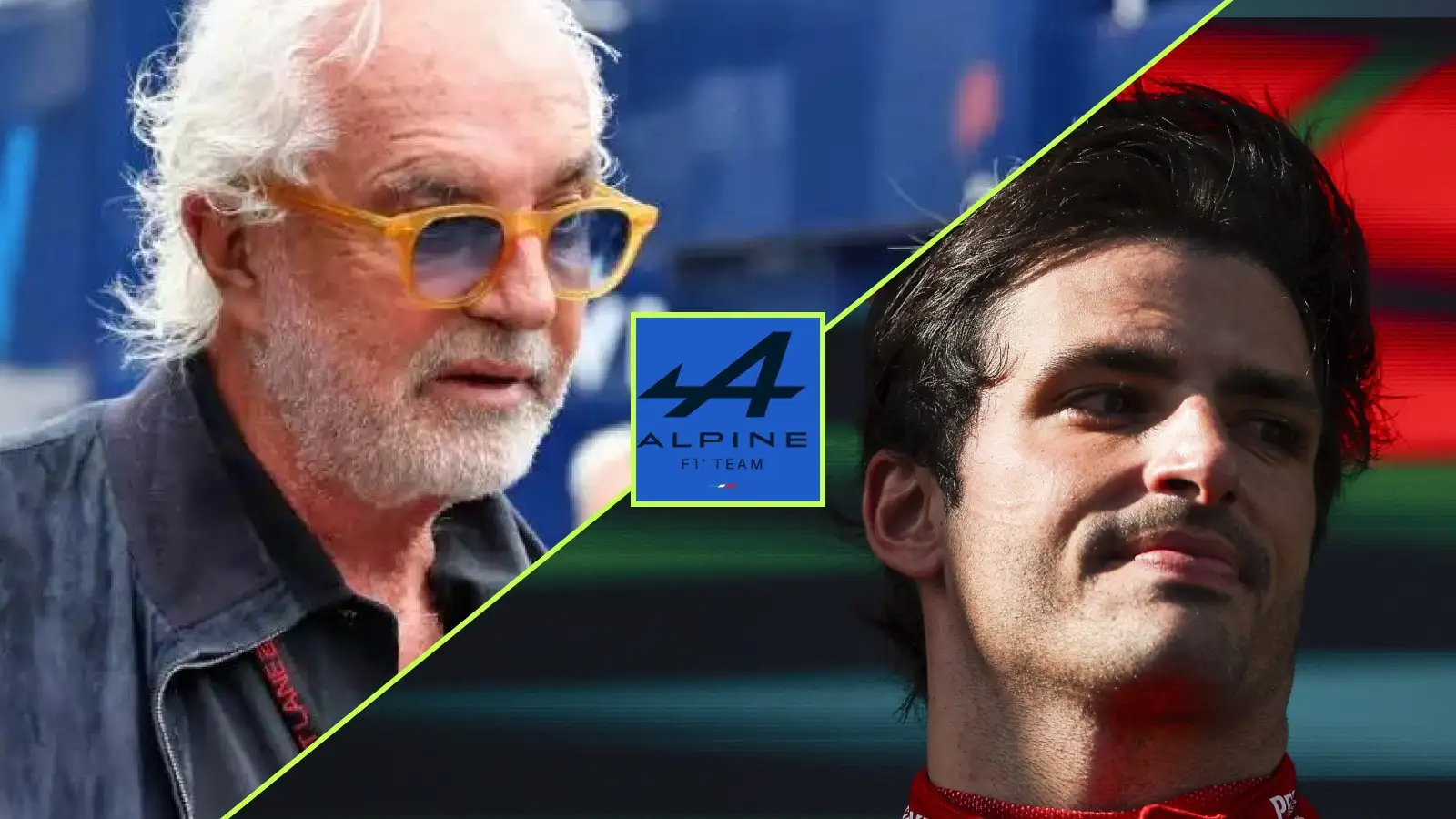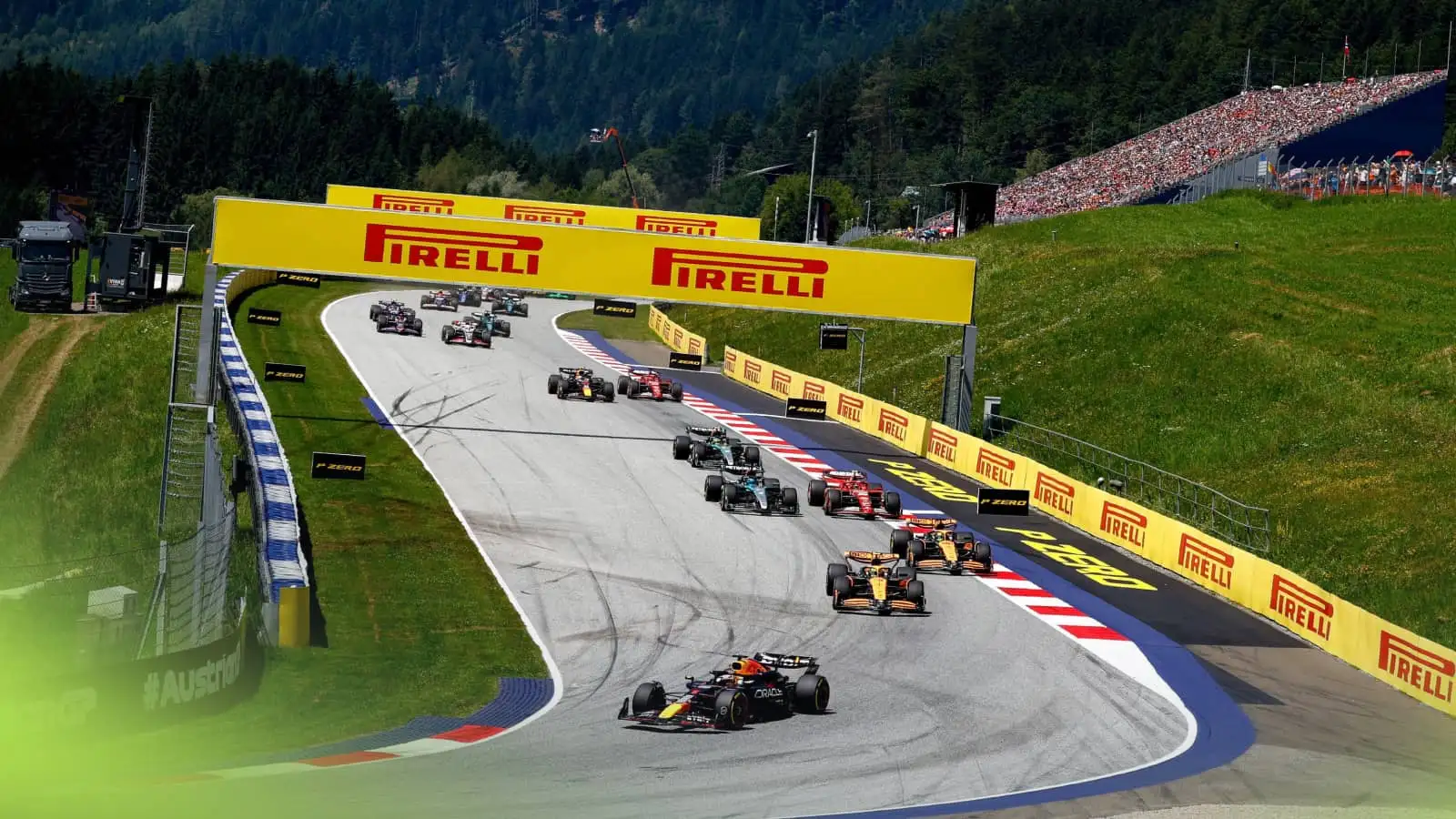Formula 1 is steering away from its ‘tactical’ nature, revving up a more ‘strategic’ approach as the sport gears up for its 2026 regulations.
- The 2026 season will see new F1 power unit regulations, driven by a fresh vision from CEO Stefano Domenicali.
- The Concorde Agreement settles financial matters but leaves governance and adaptation to sociopolitical changes as open questions.
- Domenicali emphasizes a long-term, strategic mindset to avoid pitfalls in regulation changes that could impact investments.
- The goal is to keep the sport globally relevant and competitive, ensuring no team dominates for too long.
As Formula 1 races towards its 2026 season, Stefano Domenicali, CEO, is unveiling a grand vision that aims to transition from a ‘tactical’ to a ‘strategic’ modus operandi. He believes that this approach will pave the road for stability and growth in the sport.
The upcoming power unit regulations, slated for discussion at the F1 Commission meeting, will dictate the sport’s technological evolution. Domenicali, in a recent interview, spotlighted the new Concorde Agreement, highlighting that while the economic framework is secure, aligning governance with evolving global dynamics remains a priority. ‘The economic aspects are settled,’ he stated, emphasizing that the regulatory framework and collaboration with the FIA and teams are pivotal.
Tactical decisions have been reactive, often driven by immediate needs. Domenicali asserts that strategic planning, in contrast, allows the sport to view the whole picture and adapt effectively to future challenges. His emphasis on ‘strategy’ underscores the intention to maintain racing excitement while respecting the substantial investments teams have made.
Regulatory decisions are particularly sensitive. During a meeting in Bahrain, as future regulations were discussed, some pushed for premature changes. Domenicali warned against such moves, suggesting it would broadcast the wrong signal to stakeholders who have heavily vested in the sport, thus underlining the importance of steady regulations.
Besides regulations, the pulse of fan sentiment and racing action is crucial. Domenicali acknowledges that prolonged dominance by a single team could dull the competitive edge, hence necessitating strategic foresight to ensure the sport remains vibrant and globally appealing.
Formula 1’s shift to a strategic framework aims to secure its competitive edge and global allure.
